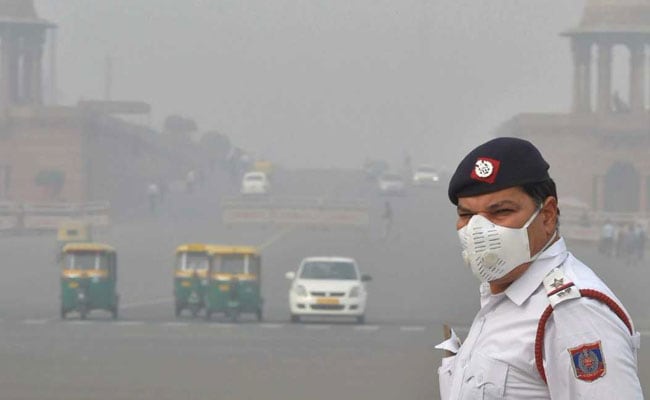
After pledging to ask the National Green Tribunal (NGT) to allow exceptions to the Odd-Even rule to restrict cars in Delhi, the Arvind Kejriwal government today arrived hours late to court. The case will not be taken up at least till tomorrow, which means the Odd-Even plan will be put off further in the city where air pollution has hit emergency levels. On Saturday, the government put the plan on hold after the green tribunal objected to exemptions granted to women and two-wheelers.
Here is your 10-point cheat-sheet to this story:
A government source, asked why no representative had showed up in the morning, said, "The papers weren't ready." The government finally filed its request after 2 pm.
At 10:30 am, when the hearing began, the green court questioned the Delhi government's absence. "There is no review petition from the Delhi government on Odd-Even though the Delhi Minister said so earlier. Was the statement only for media," wondered the tribunal's chairperson Justice Swatanter Kumar.
On Saturday, the green court allowed the Odd-Even scheme but objected to exemptions given during the previous two editions last year, to women, two-wheelers, vehicles carrying children in school uniforms and VVIPs.
When the court said no exceptions can be made for women and two-wheelers, the Aam Aadmi Party (AAP) government cancelled its plan, with a minister saying: "We cannot compromise on women's security."
The government had argued that many women do not feel comfortable or safe on public transport, especially those who work at odd hours. Also, it told the court that the system is not equipped to accommodate so many two-wheeler drivers.
The third instalment of the Odd-Even plan - in which a car is allowed on the road every other day - was announced as thick smog enveloped Delhi for six days, forcing schools to shut and steep parking rates as means to keep children and others indoors.
Mr Kejriwal called the capital a "gas chamber" and blamed farm fires in neighbouring Punjab and Haryana for the spike in pollution as winter sets in.
The green court questioned why the government had not called for the Odd-Even rationing when the air quality turned so poor: "It seems you just want to reduce vehicles from roads... What is the basis of exemptions if you want to improve air quality?"
The court also said the Odd-Even rule should be implemented every time PM or Particulate Matter 2.5 rises above 300 for 48 hours. For now, the level is below this point, the tribunal said, quoting the Central Pollution Control Board.
On Monday the levels of PM2.5 topped 500. The smallest and most dangerous particulates penetrate deep into the lungs, increasing the risk of heart attacks and strokes. The World Health Organization says 25 is the most anyone can safely be exposed to over a 24-hour period, and levels over 300 are considered hazardous.

